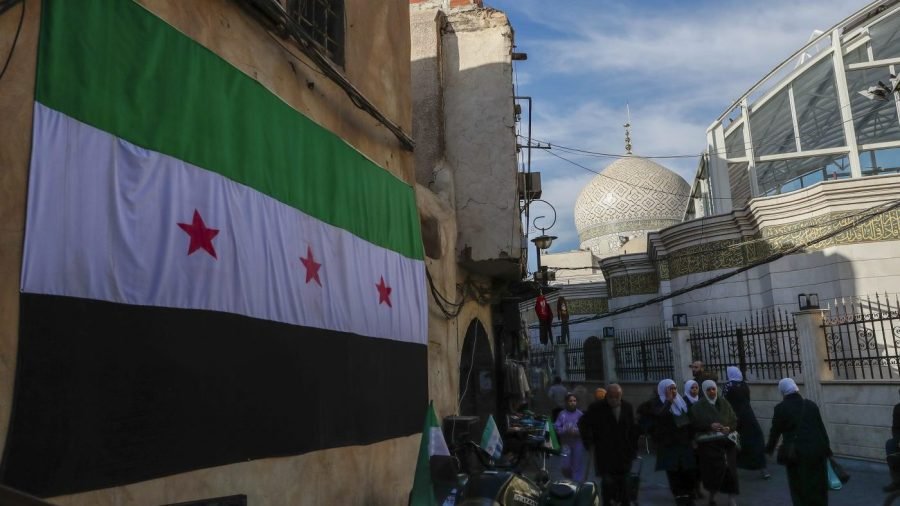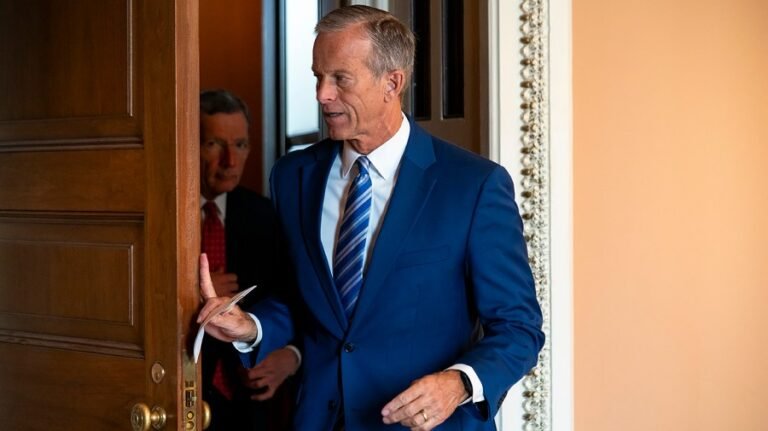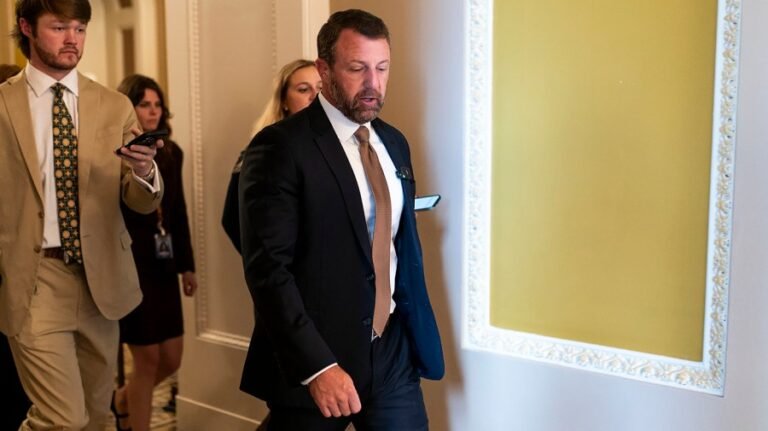
When Americans think of the Middle East, we often focus on the headlines: wars between states, clashes between Sunnis and Shias, or the Israeli-Palestinian conflict. Beneath those familiar stories lies a reality that makes fewer headlines yet determines whether peace is possible — the survival of vulnerable minority communities.
From Syria’s Alawites to Yazidis to Christians in Iraq, these smaller populations are caught in the crossfire of regional power struggles. Protecting them isn’t a side-issue. Any vision of stability in the Middle East must rest upon the the principle that every community, regardless of size, faith, or political standing, has the right to exist, worship freely, and live without fear.
Nowhere is this more urgent today than in Syria. Since the collapse of Bashar Assad’s regime last December, the transitional government led by Ahmed al-Sharaa has failed to protect minorities from systematic violence. Instead, extremist militias and jihadist factions have unleashed massacres, kidnappings, bombings, and sectarian cleansing.
Alawite communities have endured some of the most harrowing violence. U.N. investigators and human rights organizations documented “widespread and systemic” massacres in March 2025 in the cities of Latakia, Tartus, Hama, and Homs — with at least 1,500 confirmed dead, though the real toll is higher. Reuters recently traced the chain of command behind these massacres to men serving alongside Syria’s new rulers in Damascus. Meanwhile, a chilling wave of kidnappings and sexual violence against Alawite women and girls continues, with 33 confirmed cases as of June.
Syria’s Christians face parallel threats. In December 2024, militants burned a Christmas tree in Suqaylabiyah’s town square, sparking protests and spreading fear. In the months that followed, churches were desecrated, cemeteries vandalized, and youths kidnapped in Wadi al-Nasara. The deadliest blow came on June 22, when a suicide bomber attacked the Greek Orthodox Mar Elias Church in Damascus, killing at least 25 worshipers and injuring 63. Both ISIS and Saraya Ansar al-Sunnah claimed responsibility, underscoring the growing danger.
The Druze community has also been subjected to brutality. In April 2025, after a fabricated audio clip circulated online, sectarian clashes erupted in Suwayda, Sahnaya, and Jaramana. Dozens of Druze civilians were executed and mutilated by attackers chanting genocidal slogans. Druze spiritual leader Sheikh Hikmat al-Hijri denounced the campaign as genocidal. Druze students were harassed at universities, many forced to withdraw.
These are not random tragedies but part of a systematic campaign of sectarian and ethnic violence carried out openly and with impunity. The targeted communities are not former political elites or enemy combatants. They are ordinary civilians — farmers, teachers, worshipers — who now live in fear.
The transitional government’s response has been woefully inadequate. Despite promises of protection, investigations have been superficial, many if not most perpetrators remain free, and in some cases government forces have themselves been implicated.
Unless minorities are guaranteed protection, Syria risks becoming a graveyard of its diversity — and with it, the last hope for real stability.
The consequences reach far beyond Syria’s borders. If massacres and forced displacement continue unchecked, they will fuel radicalization, create new safe havens for extremist groups, and masses of refugees could destabilize a fragile Lebanon. History has already shown — from ISIS in Iraq to al-Qaeda in Afghanistan — that when minorities are abandoned, extremism thrives.
There is a path forward. One constructive option lies in building a federated Syria that preserves the country’s unity while empowering local communities to defend themselves. Under such a system, Alawite, Christian, Druze, Kurdish, and Sunni-majority regions could maintain their own accountable security forces, while a central government would oversee foreign policy, the economy, and national defense. This would not be easy, but it could help prevent sectarian cleansing, deter extremist recruitment, and restore trust that no group will be abandoned to its enemies.
Still, Washington and its allies must demand real accountability, not symbolic gestures. Aid and diplomatic recognition should be conditioned on concrete steps by the transitional government to investigate war crimes and protect vulnerable populations. It must be made very clear to the transitional al-Sharaa government — and, God-willing, its democratically-elected successor — that protecting all of Syria’s minority populations is non-negotiable on the road to joining the community of nations.
Protecting minorities is not a bargaining chip — it is the foundation of peace. Every atrocity left unpunished, every village cleansed of its people, deepens Syria’s fracture and fuels the next generation of radicalization.
The Middle East has too often witnessed what happens when minorities are left undefended. If the world wants stability, it must demand the equal protection of all Syria’s people, enforced through real accountability and sustained international pressure. A shared governance system may be one tool toward that goal, but the principle is larger than any political arrangement: no nation can endure, and no peace can last, if its most vulnerable communities are left to die.
Sam Brownback, a former U.S. senator from Kansas, served as ambassador at Large for International Religious Freedom and as co-chair of the International Religious Freedom Summit. Mirhaf Ibrahim, is president of the Alawites Association of the United States.






